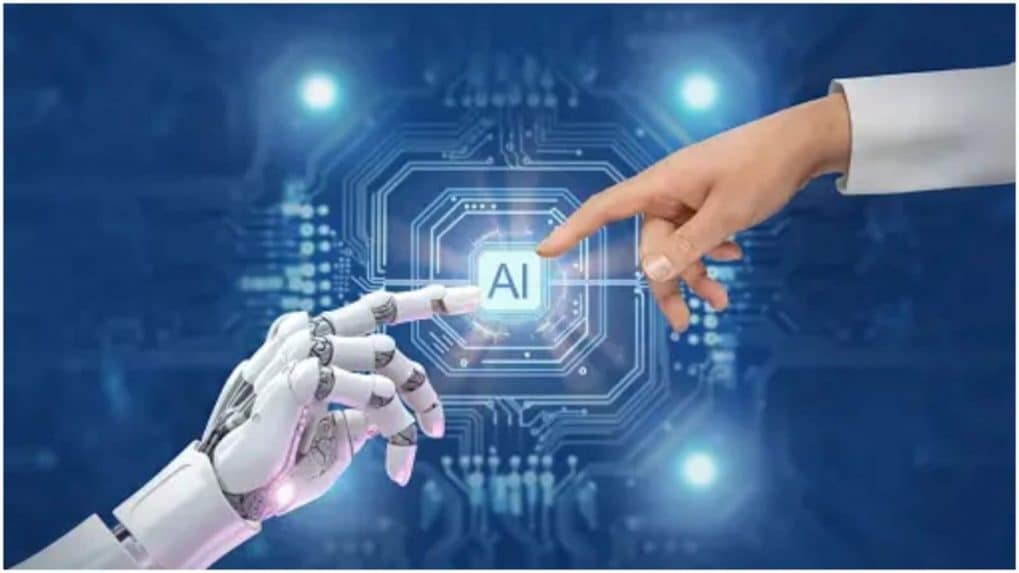Gen AI will increase marketing productivity more than 40 percent by 2029: IDC report
In the next five years, GenAI will advance to the point where it will handle more than 40 percent of the work of specific marketing roles, say IDC experts.
ADVERTISEMENT
New research from International Data Corporation (IDC) shows that applying generative artificial intelligence (GenAI) to a range of enterprise marketing tasks will result in an estimated productivity increase of more than 40 percent by 2029.
"In the next five years, GenAI will advance to the point where it will handle more than 40 percent of the work of specific marketing roles," said Gerry Murray, research director, IDC's Enterprise Marketing Technology practice. "Because of the rapid evolution of GenAI capabilities, marketing leaders will have to prepare their staff for fundamental changes to roles, skills, and organizational structure."
To calculate the potential impact of GenAI capabilities on marketing, IDC modeled the work of 24 key marketing roles across five main categories of work – Management and Planning, Branding and Creative Services, Campaign and Engagement, Analytics and Reporting, and Other. Next, IDC estimated how much of each category of work can be delegated to GenAI over the next five years. Combined with staffing levels and fully loaded cost estimates, IDC then calculated the productivity impact of adopting GenAI throughout a large marketing team.
The results show that GenAI will be able to handle more than 40 percent of the collective work of marketing teams and potentially 100% of specific marketing tasks. While the benefits of applying GenAI to marketing tasks will vary by company based on the number of individuals associated with each role and the salary ranges at the organization, the productivity gains (as a percentage of work) offer strong guidance for marketing teams of all sizes.
To prepare their organizations to take advantage of GenAI, IDC recommends that tech buyers take the following steps:
Evaluate the breadth and depth of discrete use cases vendors support today, and in the future, as use cases will directly translate into business outcomes and create strong economic justification for investment.
Buyers should also focus on how effectively a vendor's architecture, tooling, and service resources accelerate the journey down that use case road map.
Determine the level of infrastructure required to support each type of work.
Implement AI capabilities from the data layer up, not from the task automation layer down. Every instance of GenAI in a commercial enterprise should share common services for data, governance, security, and so forth.
Prepare staff (and organizations) for fundamental job changes, which may necessitate upskilling, reorganization, elimination of some job titles, expansion of other job titles, and the creation of entirely new career paths.
Prepare your data. Organisations that do not have real-time, clean, governed data sets will not be able to take full advantage of this new generation of marketing technology.
The IDC report, GenAI Will Increase Marketing Productivity by More than 40 percent in the Next Five Years; Then Sam Altman Says It Could Be Closer to 95 percent (Doc #US51883524), discusses the potential of generative AI (GenAI) in increasing marketing productivity by over 40 percent in the next five years.
It explores the various tasks that could be delegated to GenAI, and the potential productivity gains. The document provides advice for marketing leaders considering GenAI, emphasizing the need for a broad use case road map, deep AI infrastructure, and fundamental organizational changes due to GenAI.

